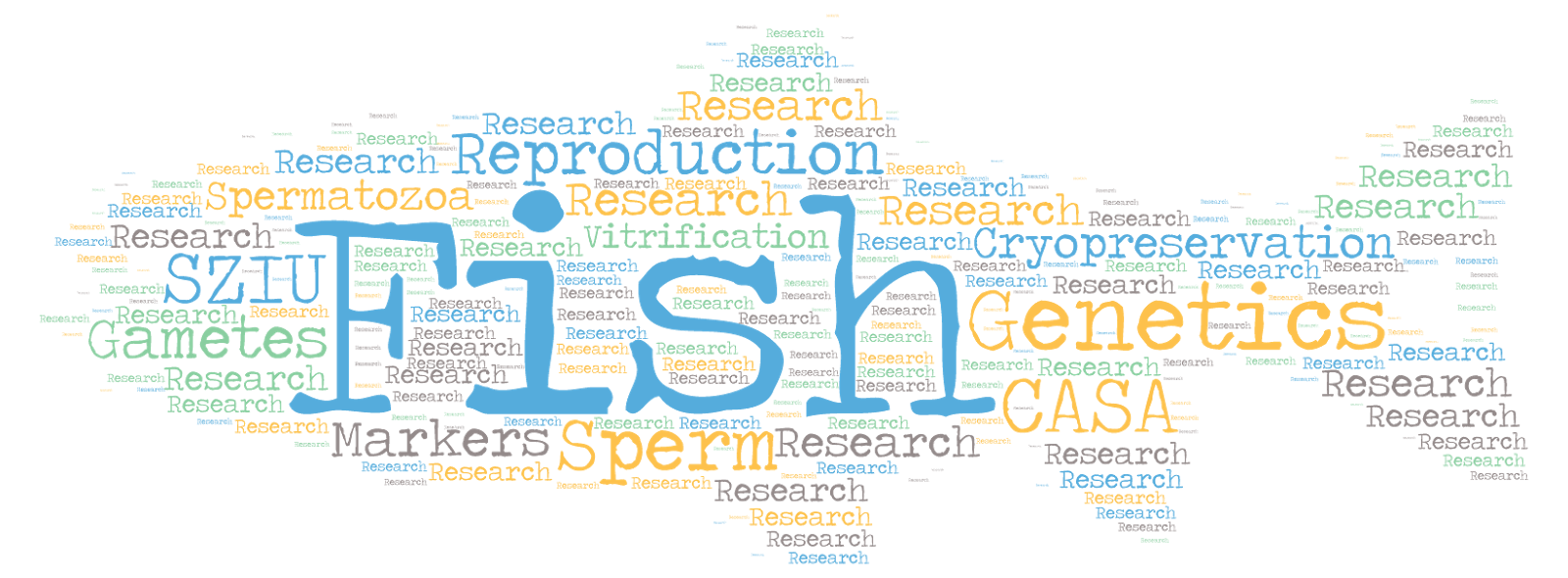Thanks to the efforts of our colleague Dr. Uroš Ljubobratović, a new publication came out in Aquaculture with Nevena, Zoran and Ákos as co-authors. This was a collaborative effort between our group and that of Uroš, both belonging to the Institute of Aquaculture and Environmental Safety as well as Dr. Sylvain Milla of the University of Lorraine in France. Enjoy!
Uroš Ljubobratović, Nevena Kitanović, Sylvain Milla, Zoran Marinović, Georgina Fazekas, Jelena Stanivuk, Zoltán Nagy, Ákos Horváth. 2022. Predicting population's oocyte maturation competence and evaluating individual's latency time using in vitro oocyte maturation in pikeperch (Sander lucioperca). Aquaculture, Volume 562, 15 January 2023, 738851. https://doi.org/10.1016/j.aquaculture.2022.738851
Abstract
Artificial reproduction of pikeperch (Sander lucioperca) is characterized by the unpredictability of latency time (LT) as well as the variability of egg quality depending on the time of hormonal stimulation. To predict latency time and thus enhance fertilization outcomes, the present study evaluated whether in vitro maturation techniques could be utilized to assess the status of oocyte maturation competence (OMC). Oocyte samples from nine pond-reared females originating from the Czech Republic (CZECH) and 12 intensively cultured females originating from river Körös (HAKI) were catheterized at the time of hormonal stimulation and cultured in L15 medium supplied with 100 ng/mL of DHP. The stage of final oocyte maturation (FOM) was monitored both in vivo and in vitro and egg quality features were evaluated. HAKI group was characterized by larger oocytes at the time of stimulation (934.4 ± 32.9 μm vs. 860.0 ± 22.7 μm), as well as higher embryo survival (77.7 ± 10.4% vs 53.5 ± 28.8%), suggesting that artificial reproduction was performed prematurely for CZECH group. Oocytes from HAKI fish displayed a higher share of maturing oocytes (41.4 ± 9.1% vs. 13.8 ± 17.6%) and in all samples germinal vesicle breakdown was noticed, while in the CZECH group it was so only in oocytes of one fish. With respect that all fish ovulated after the gonadoliberin stimulation, gonadotropin-regulated OMC is assumed. A correlation was found between the in vivo and in vitro LTs in the HAKI group only (r = 0.791, P = 0.002), indicating a certain autonomy of ovarian follicle of other parts of the physiological axis after completed OMC. The in vitro techniques show great promise for practical application in hatcheries to evaluate the aptness for hormonal stimulation on both individual and population levels.


